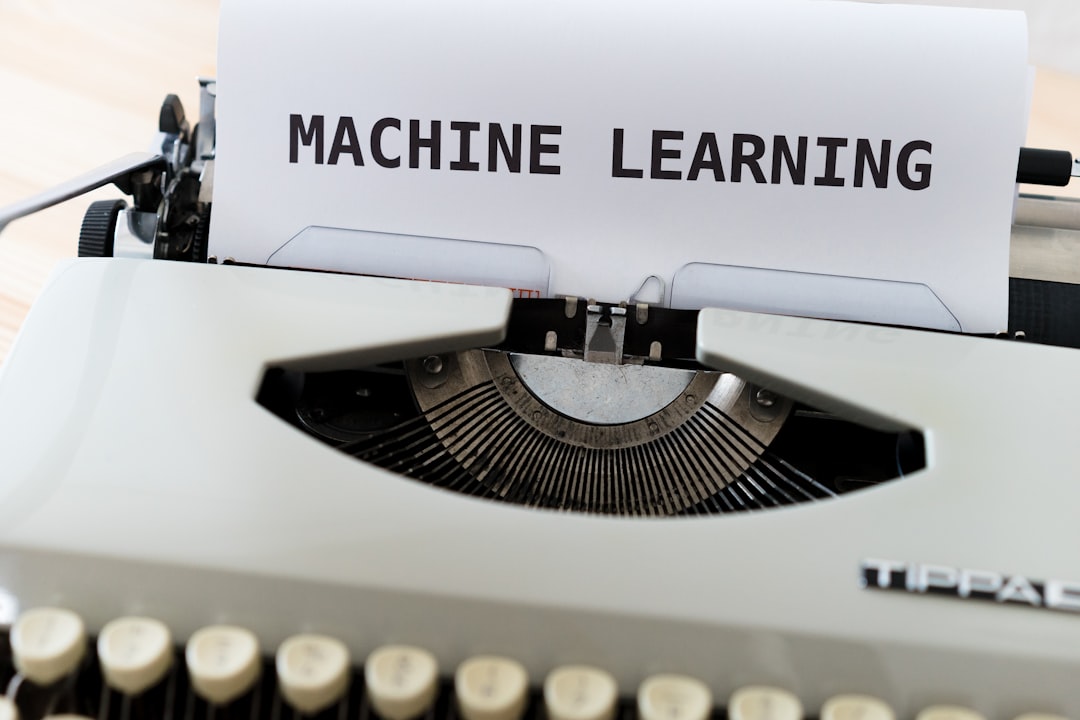What is it about?
A short Editors' introduction to the very important paper by Ramscar and colleagues (DOI: 10.1111/tops.12078) who pose (and answer) the question of whether evidence "showing" that cognition deteriorates with age really reflects slowdowns expected of any information processing system (organic or machine) due to searches through an increasing large database of knowledge.
Featured Image
Why is it important?
Their thesis (and much data) turns the standard view of much aging research on its head. As Ramscar and colleagues note, "absent a model of what is being processed and how, neurobiological studies can reveal only that the structure and/or biology of neural processing changes; interpreting this as evidence of decline (or increased efficiency) requires a model of the relationship between neural activity and cognitive function.”
Perspectives
Theirs is one of those rare theses that strikes like a blow to the head causing a dizzying reconfiguration of how we view human cognition and normal aging. This work is ongoing (e.g., DOI: 10.1177/0956797617706393) and has been joined by other respected researchers (e.g., DOI: 10.1037/xge0000133). Very important. Read it and decide for yourself if much of what you thought you "knew" about normal cognitive aging is wrong.
Professor Wayne D. Gray
Rensselaer Polytechnic Institute
Read the Original
This page is a summary of: Does Cognition Deteriorate With Age or Is It Enhanced by Experience?, Topics in Cognitive Science, January 2014, Wiley,
DOI: 10.1111/tops.12080.
You can read the full text:
Contributors
The following have contributed to this page










